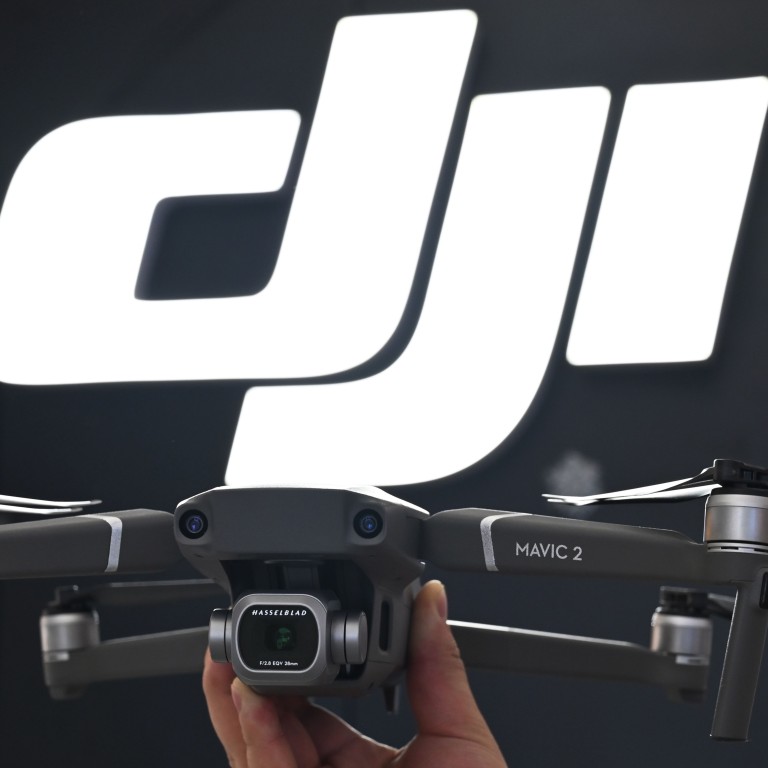
US consumers stand to lose even more as Donald Trump targets drone maker DJI
- In the wake of Huawei, the US president is again using national security as a pretext to attack another global China company, DJI, which will only result in higher prices and poorer quality
DJI is an easy target as it has about 75 per cent of the global market and its products account for as many as eight in 10 sales in the US. So big a market share is understandable given that no other drone maker offers products as inexpensive, innovative or powerful. DJI has therefore been most often turned to by US government agencies, police and first responders, who have come to depend on the technology for their operations. The firm has become so dominant that American rivals have been all but eliminated, their inability to compete on cost, quality and features turning away customers.
How Chinese drone maker DJI is battling US turbulence
Creating an industry where there is next to none will be challenging given how far ahead the Chinese competition is. The legislation would prevent government agencies from buying Chinese drones and gradually phase out those already in use. Washington would be authorised to nurture commercial drone makers through guaranteed federal contracts, preferential loans, antitrust exemptions and venture capital.
DJI and other firms would be further hit with taxes and tariffs and import limits. Huawei was subjected to similar treatment, despite its products being considered superior and cheaper than American counterparts. Accusing the firm of collecting and passing data on to Beijing for spying through its equipment, despite studies finding no such risks, is a tried-and-tested strategy now being used against DJI.
Trump believes that shutting the door on Chinese technology and competition will lead to home-grown innovation and job creation. But competition is necessary to drive innovation and creativity. Closing off the market will not stop Chinese firms from innovating. American consumers will be the losers through having to pay more for products that have lower quality.

